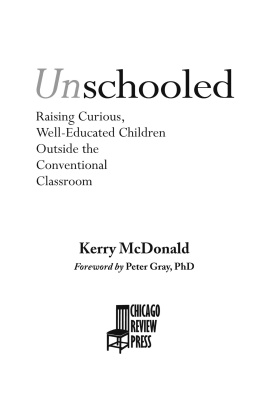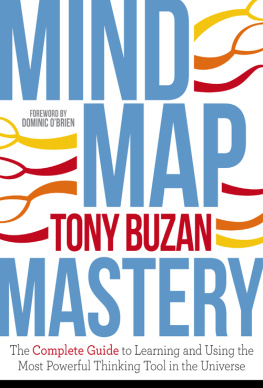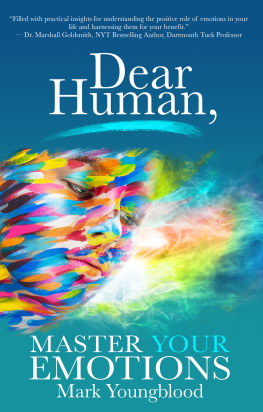First Published 2019
by John Catt Educational Ltd,
15 Riduna Park, Station Road,
Melton, Woodbridge IP12 1QT
Tel: +44 (0) 1394 389850
Email:
Website: www.johncatt.com
2019 Mark McCourt
All rights reserved.
No part of this publication may be reproduced, stored in a retrieval system, transmitted in any form or by any means, electronic, mechanical, photocopying, recording, or otherwise, without the prior permission of the publishers.
Opinions expressed in this publication are those of the contributors and are not necessarily those of the publishers or the editors. We cannot accept responsibility for any errors or omissions.
Set and designed by John Catt Educational Limited
ABOUT THE AUTHOR
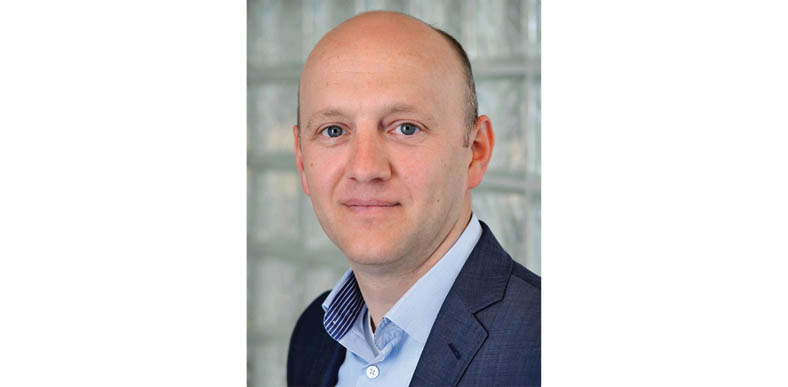
Mark McCourt is the UKs leading authority on teaching for mastery. He has trained over 2000 schools in mastery models for schooling in the UK and overseas.
A leading figure in mathematics education, Mark has led many large-scale government education initiatives, both in the UK and overseas. Mark was a Director at the National Centre for Excellence in the Teaching of Mathematics (NCETM) and has also been a school leader, an Advanced Skills Teacher, a school inspector and a teacher trainer. He founded and was Chairman of the Teacher Development Trust. In 2013, Mark founded La Salle Education with the aim of supporting schools around the world and in 2015 launched Complete Mathematics, a professional learning network of mathematics teachers, which fast became the largest association of mathematics teachers in the UK.
Mark has extensive experience of mathematics teaching and learning across all age and ability groups, having taught students from age 3 to PhD!
PROLOGUE
The book that follows is a conversation. A dialogue. The dialogue came into existence as a way of speaking carefully and deliberately to myself about some ideas that have been important in framing my views and beliefs around the nature of knowledge, the purpose of education and the most effective models of schooling that can be deployed in order to achieve that purpose.
I write as a way of articulating my own thoughts back at myself. Doing this allows me to have a conversation with myself to argue, justify, correct, see where I have a lack of insight, find ways forward and continue to grow.
There are errors in this book. Lots of them. Some of those errors are errors because the truth is not yet known. Some of those errors will, happily, be put right as our profession and those professions that support education continue to learn more and more about learning. The assertions I make in this book are included because, right now as I sit here, I believe them to be true based on everything I have experienced and the knowledge I have available to me at this moment in time. Some of the errors are errors because I have made a mistake. I cant see those mistakes at this point I have re-read the words and suggestions in this book and, at this moment, believe the book does convey my sincere beliefs accurately. The words in this book are written in good faith to myself as a conversation with myself.
I have always written for this purpose. I find that having such a dialogue with myself helps me to become increasingly enlightened. Sometimes, I share these conversations in interviews, articles, speeches, debates and blogs. In 2015, when I first wrote down the conversation that would later become this book, I began to share parts of it through my own blog. The response to this sharing helped me to better articulate my thinking, which I have attempted to do in speeches across the UK over the last few years. Each interaction and debate with teachers and educators again helps me to grow. Quite a few people suggested to me that the thoughts and ideas I was communicating in those blogs and speeches might be usefully condensed into a single narrative. This is what I attempt to do here. As with all books, the very moment this book is published, it will be out of date. I adore learning and am absolutely addicted to it, so I will continue to play with the ideas I express here and those ideas will continue to evolve.
My writing approach has always been the same process. It is an informal discussion with myself. I write from memory quickly and off the top of my head and want my writing to be a conversation with the reader too. This book is not intended to be a dry academic tome. Much of what is written here, by the very nature of it being off the top of my head, exists in my memory as a connected story. Sometimes, I dont know where that story has come from. I write as a single narrative, not as a research paper. I have recently gone through the story and attempted to retrospectively reference and credit ideas and quotes, but a great deal of the writing is simply composed of things that I know and the origins have been lost in the haze of life. I am always happy to be reminded of conversations, lectures, articles and so on that may have been the genesis of some of my thoughts.
I believe that all children can learn all things given the right conditions. That belief was key to me deciding to become a teacher. In my career in teaching and education, I have attempted to learn all I can about learning and how schooling can most effectively lead to all children learning all things expected of them by school curricula. I hope that my own learning will continue throughout my life and I am sure there will come a time when I look back on some of my words from today and wonder how I could have known so little. But we all know so little, don't we? Our knowledge is just the sum of everything we've experienced; and in the grand scheme of things, our experience is very limited. We can't move beyond our own experiences, so we can only learn more as we experience more and there is always more to experience. This is why different ideas resonate with all of us at different stages in our lives.
Through this learning about learning, I have, over many years, come to formulate a phased approach to educating, which I believe all human beings pass through from the point of meeting a novel idea to the point at which it can truly be considered to be understood.
I have been greatly influenced and guided by the canon of knowledge that exists in education created by all the educators who have come before and all those who now continue to add to and enrich that canon and have reflected seriously and with purpose on the implications of the canon, in the pursuit that I might add some new thinking to it. The phased model I propose is, I hope, not controversial. I see this phasing as a logical conclusion of a synthesis of well-thought-through, tried, tested and observed approaches and outcomes carried out and measured by educators over many, many years.
In proposing a phasing of TEACH, DO, PRACTISE, BEHAVE, I have necessarily had to settle on a choice of word for each of those phases. I gave these words time to evolve in my mind, particularly after debates with other educators regarding their suitability. Some agree; others do not. The choice of the word Behave appears to be particularly contentious and I understand the reasons why. In the end, I believe the words do work and carry the meaning that I intend to convey; but if they bother you, why not simply swap them out for another word of your choosing in your mind.
Encountering the work of John B. Carroll (which led me to meet the work of Benjamin S. Bloom and, subsequently, Carleton W. Washburne) years before even thinking about becoming a teacher was an enormous stroke of luck. I dont think I would have entered teaching without that inspiration. I know I certainly would not have remained an educator without their insight.
Next page
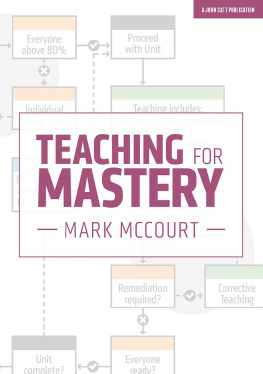
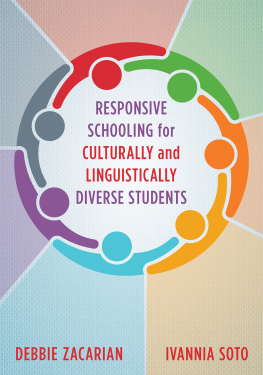
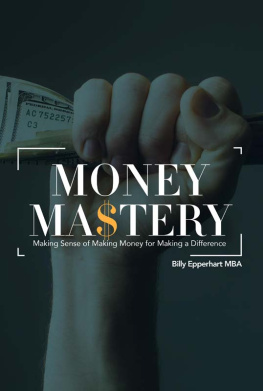

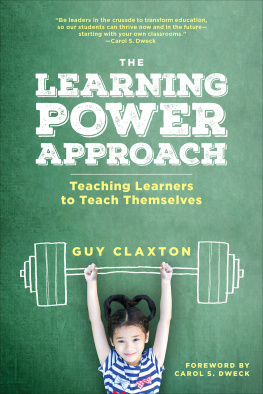
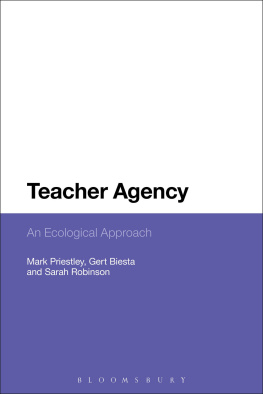
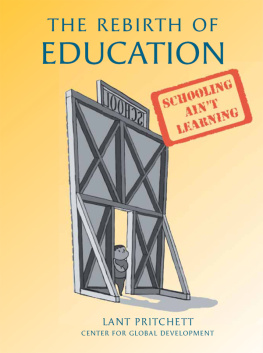
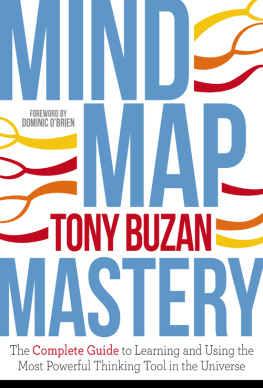
![Gerber - E-myth mastery: [the seven essential disciplines for building a world class company]](/uploads/posts/book/164986/thumbs/gerber-e-myth-mastery-the-seven-essential.jpg)
